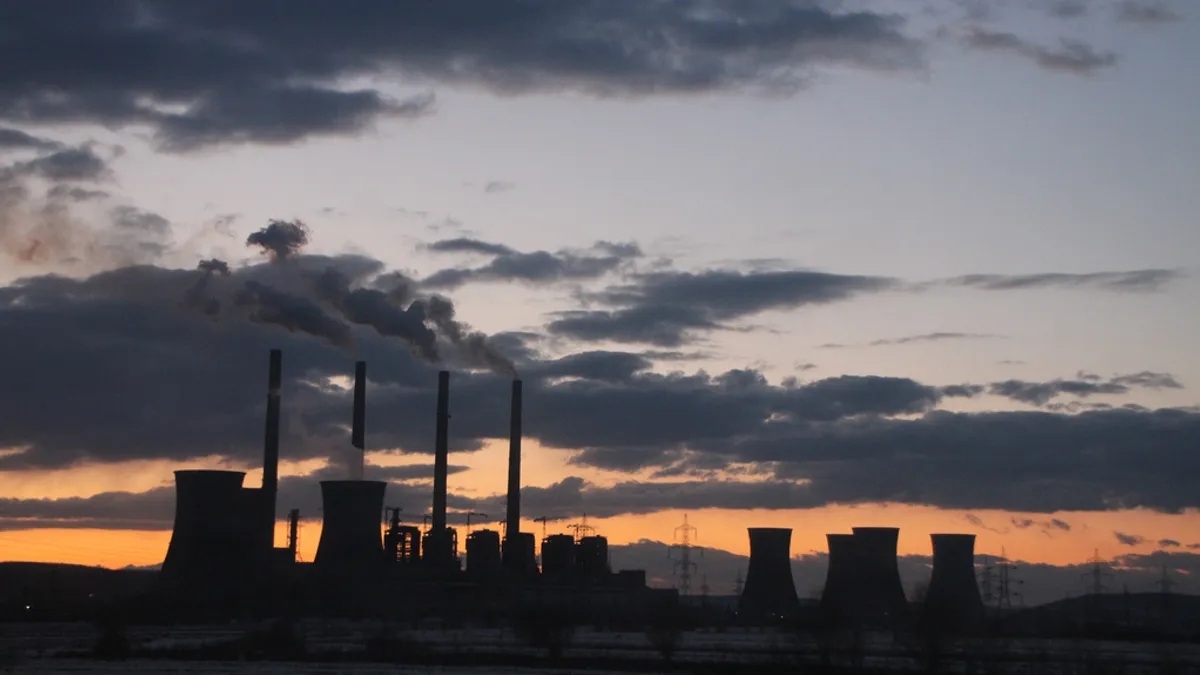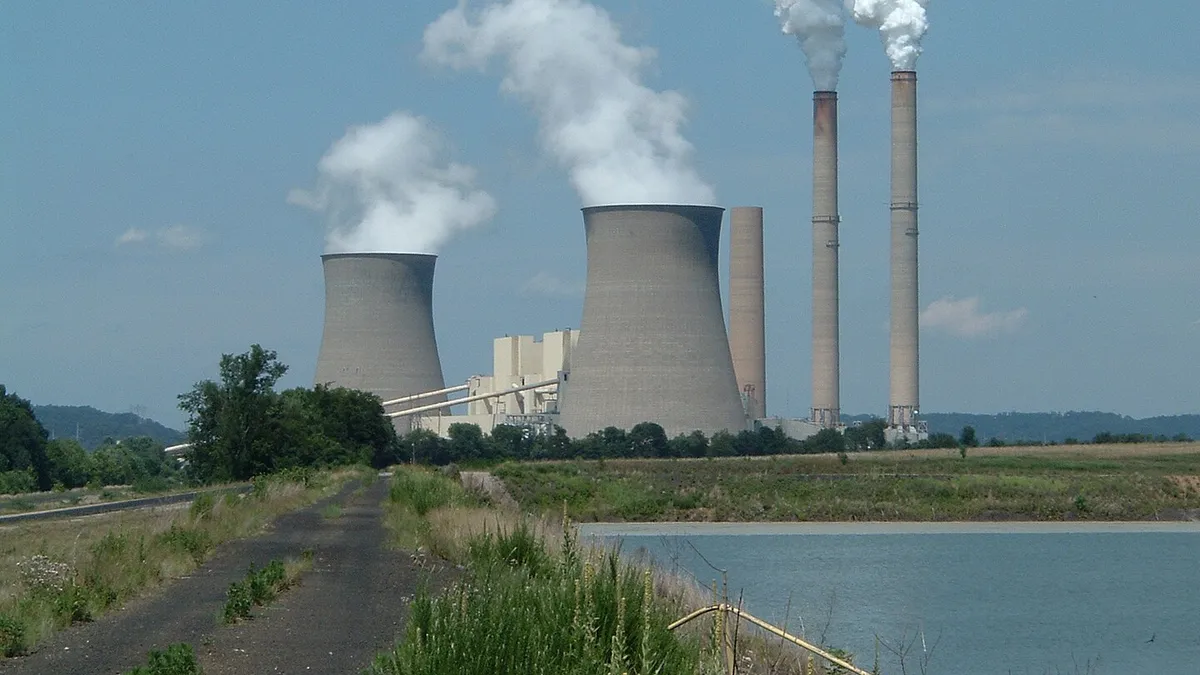Dive Brief:
- A coal plant that was just days away from being shut down will instead run another two years, after PJM Interconnection identified system reliability issues related to its planned closure.
- While debate continues over a plan to convert the B.L. England power station from coal and oil to natural gas, PJM officials say the decision is unrelated and is instead the result of transmission constraints.
- Environmentalists, however, are not buying the announcement, NJ Spotlight reports. The New Jersey Sierra Club, pointing to plants which have opened in the state recently, said neither the conversion to gas nor continued use of coal is warranted.
Dive Insight:
Debate over whether the BL England plant should be converted to gas is tied up in court, according to NJ Spotlight, and now there is no need to rush. PJM officials last month completed a deactivation study and "found reliability concerns ... resulting from the deactivation of these generating units."
Possible issues include contingency thermal overloads of transmission lines and contingency voltage violations. A load deliverability study found a potential overload on the Dorothy–Lewis 138 kV circuit related to the the loss of the New Freedom–Cardiff 230 kV line.
Units 2 and 3 at BL England burn coal and oil, and combine for about 300 MW of capacity. Owner RC Cape May Holdings LLC will receive reliability must run payments to keep the plant online.
PJM officials say if the transmission work is completed early, the plant could be taken offline early as well. System upgrades needed due to the deactivation of the two units were previously approved by the grid operator in 2014, and are expected to be completed in May 2019.
A spokesman for the New Jersey Department of Environmental Protection told Press of Atlantic City that the second unit at BL England "is now well-controlled for all pollutants, except for nitrogen oxide," and so a spike in emissions is possible during times of peak summer demand.















